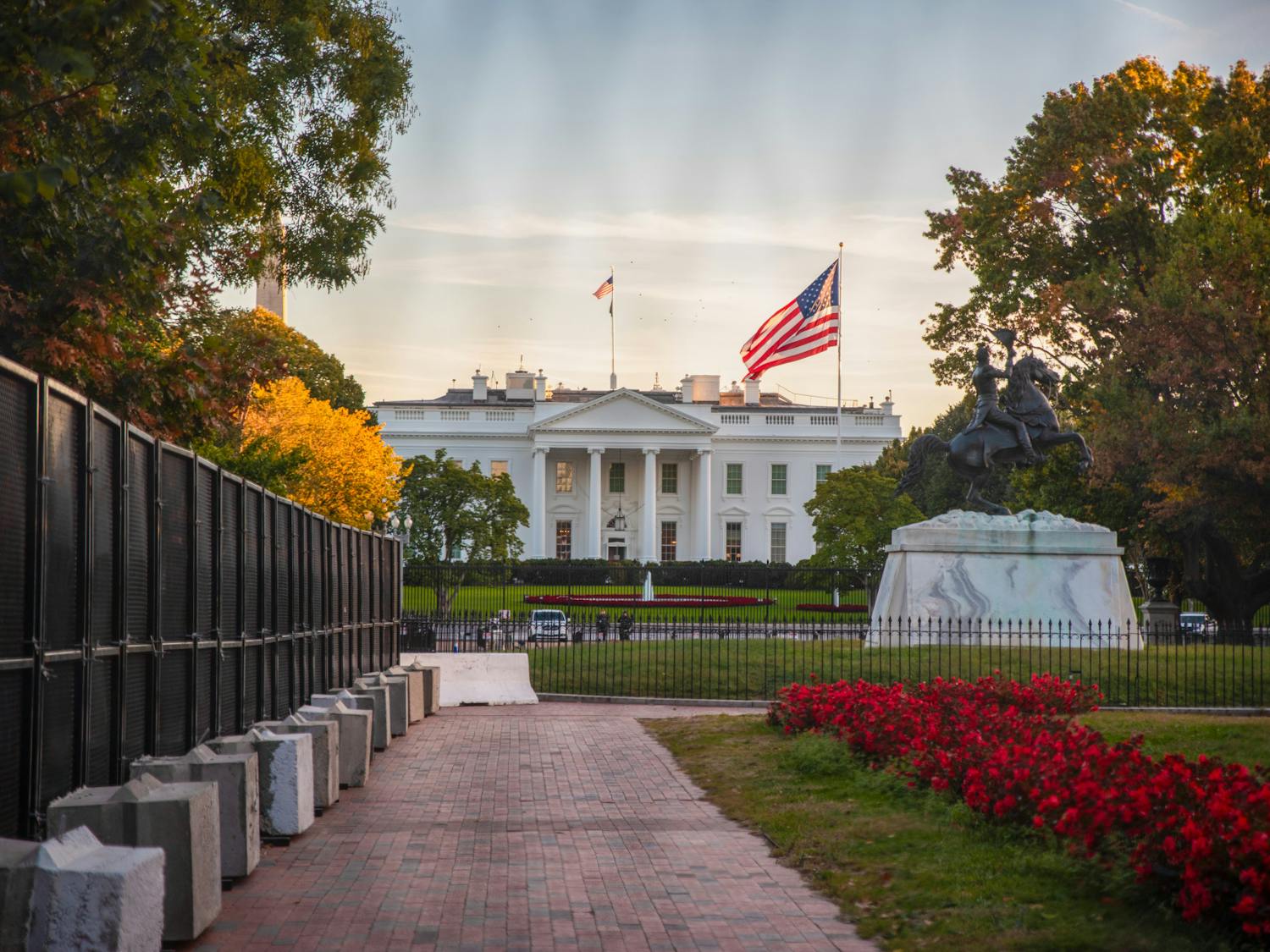While $25,000 may prove insufficient to attract a new chemistry professor or a political science superstar, it did lure about 150 budding Penn entrepreneurs to Stiteler Hall Tuesday night. As part of a new pilot "Business Plans Competition" sponsored by the Wharton School's Goergen Entrepreneurial Management Program, University students were encouraged to form "entrepreneurial teams" -- competitive student-run groups which would convert members' ideas into actual businesses. At stake is more than $25,000 in prize money for the group with the best idea -- to be judged by an independent panel of judges -- and the chance to learn hands-on about what it takes to succeed in business. The well-attended event seemed to "confirm what we have believed, that Penn is a place for entrepreneurs in the making," said Arvind Goel, a second-year Wharton MBA student and student coordinator of the program. Many attendees at Tuesday's meeting were enthusiastic about the contest as an excellent opportunity to gain experience. In fact, some already owned small businesses -- or at least had large ambitions. "I hope to start my own manufacturing business when I leave Penn, and this experience will be quite useful," Wharton freshman Mark O'Rourke said. "Twenty-five thousand dollars isn't bad as well." The contest will be conducted in three phases, explained Mark Fraga, contest coordinator and managing director of the Goergen program. In early November, he said, each team will pitch its ideas in a comprehensive business concept plan. Successful teams will then study the market for their product and submit a "feasibility study" this winter. Students will also be encouraged to tap into Wharton and the University's extensive resource base and alumni network. In fact, alumni experts in industry, business and law will serve as volunteer consultants, providing teams with real life experience specific to their sector's needs. By early spring, teams will submit their finalized plans to be considered for a $15,000 cash award. An additional $10,000 in "seed" money will be granted to the group with the winning idea should they choose to actually start the business. Other prizes will be awarded to successful teams, with special attention given to high-growth enterprises like technology and socially minded business ventures. Fraga added that the contest "is a practical side to the academic [theory] we teach." While about 80 percent of the students who attended Tuesday's meeting were from Wharton, enrollment in the business school is not a requirement. Whether you are a finance or philosophy major, according to Fraga, "entrepreneurship requires a wide spectrum of skills, ingenuity, creativity, analytic and interpersonal skills." Goel downplayed the advantage that graduate students would have over undergraduates in the contest. "Age doesn't matter. It's your drive, your courage to take risks, your ability to dream," he said. Indeed, it was the dream of Goel and fellow grad student Adam Breslin last December. The two, dissatisfied with the availability of Wharton's resources to budding Penn entrepreneurs, approached outgoing Wharton Dean Thomas Gerrity, who took an immediate interest in the students' proposal. While other Wharton faculty wanted "this program for years," according to Entrepreneurial Management Professor Ian MacMillan, an adviser to the program, "a recent gift from the Goergen foundation allowed us to start it." The school hired Fraga as the contest's director last year. For the last few months, the students, faculty and administrative staff have worked to coordinate the legal and logistical complexities of the contest. While an anonymous alumni donor provided the prize money, according to Fraga, the group is now hoping to attract a venture-capital firm to underwrite the contest in future years. In the spring of 1997, Wharton officials combined the four Management concentrations -- including Entrepreneurial Management -- into one. The entrepreneurial sector got a boost in the summer of 1997 when candle-company chief Robert Goergen -- who spoke at this spring's Wharton MBA graduation ceremonies -- donated $10 million to create a program named after him.
The Daily Pennsylvanian is an independent, student-run newspaper. Please consider making a donation to support the coverage that shapes the University. Your generosity ensures a future of strong journalism at Penn.
Donate







